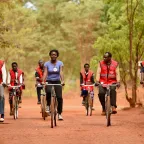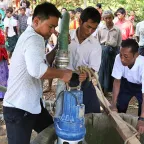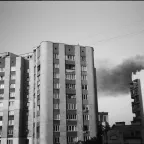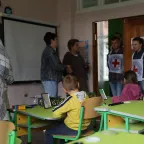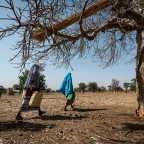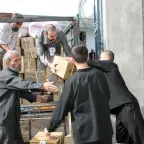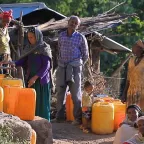Current issues in IHL- interview with Director of International Law and Policy, ICRC
In October, 2016, Helen Durham, Director of International Law and Policy at the ICRC, talked about some most heated IHL issues when interviewed in Beijing. What does the IHL say about terrorism? …

